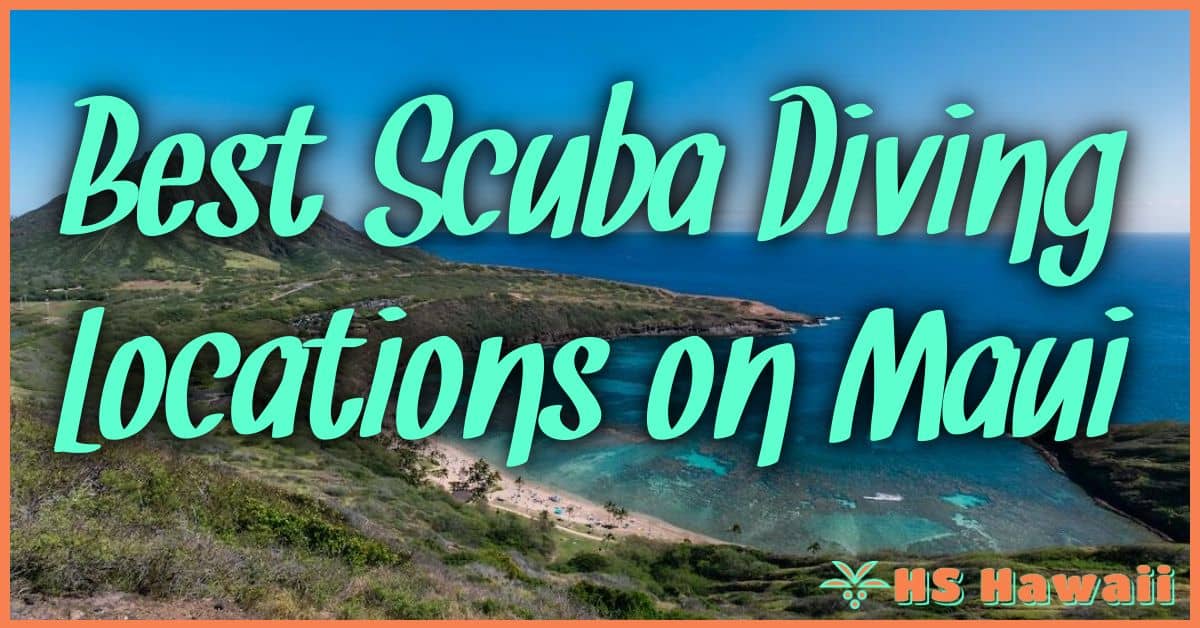Looking for treasure or lost items is a fun and rewarding hobby. Oahu offers many popular beaches and beautiful coastal spots for metal detecting.


I want to help you find the best beaches on Oahu for metal detecting. With several spots around the island, you have a good chance of finding interesting things left behind by
Don Bryant The Ring Finder
I visited Don Bryant The Ring Finder to check out their metal detecting gear before heading to the beach. The staff greeted me right away and made me feel welcome.
They answered my questions and showed me different types of metal detectors. The shop is small but has what I needed.
They gave advice on the best local beaches for finding things, which helped since I was new to the area. They also shared tips on using the equipment for different types of sand and Oahu’s conditions.
Buying or renting gear was quick and easy. I didn’t feel rushed.
If you’re new to metal detecting or just visiting Oahu, this place is a good starting point.
Rating: 4.3 (6 reviews)
Location: 361 Opihikao Pl, Honolulu, HI 96825
Contact: (808) 285-8370
Metal Detecting Tips for Oahu Beaches
I always pay close attention to when and where I hunt. Oahu’s rules and beach layouts can affect what I find.
Bringing the right equipment makes my searches easier and less stressful.
Best Times for Metal Detecting
I prefer searching early in the morning, especially after high tide. The sand shifts overnight, and fewer people are around, so I have more space.
Tides and waves move lost items closer to the surface, making them easier to spot. Low tide opens up more wet sand and reveals things that have been buried.
After big storms or busy weekends, I find more items because beachgoers might lose jewelry or coins. Holidays can also leave treasures behind.
I avoid crowded times. Busy beaches make it hard to search and may make others uncomfortable.
I like going during weekdays or right after sunrise when it’s quieter.
Recommended Gear and Tools
I use a good metal detector that works in both wet and dry sand. On Oahu, I bring a waterproof detector in case I search in shallow water or get splashed by a wave.
A sturdy sand scoop helps me dig quickly and lets water and sand drain out so I can spot finds faster. I use headphones on busy beaches so I don’t miss quiet signals.
To keep things organized, I carry a finds pouch or bag. Gloves protect my hands from sharp objects.
Sunscreen, water, and a hat help me stay safe in the sun. I always follow local rules and check guidelines before I visit new beaches, since some areas like Hanauma Bay may be off-limits.
For more information on rules and open areas, I check sites focused on metal detecting in Hawaii.
Oahu Beach Regulations and Etiquette

When I go metal detecting on Oahu, I follow the rules and respect the culture to avoid problems. Some beaches have special restrictions and cultural practices, so I always check before turning on my detector.
Permits and Legal Considerations
Most public beaches on Oahu let me metal detect without a permit. I don’t need special permission for places like Waikiki or Ala Moana Beach Park, as long as I stay on the sandy parts.
Some beaches, such as Hanauma Bay and the military area at Bellows Beach, are off-limits because they’re protected or sensitive. State and federal parks may have their own rules.
If I want to detect near historical or archaeological sites, I check the latest local laws. Digging in these areas is not allowed and can lead to legal trouble.
I watch for posted signs at the beach entrance and double-check the rules for each spot. For more details on legal places and areas to avoid, I use this Hawaii metal detecting guide.
Respecting Local Traditions
I value Hawaiian culture, especially when I visit Oahu’s beaches.
Some places hold spiritual or historical importance for Native Hawaiians, so I make sure not to disturb them.
I avoid digging near heiau (temple sites), burial grounds, rock formations, and other landmarks.
If I am unsure whether an area has cultural meaning, I ask a lifeguard, park staff, or a local.
I greet people on the beach and try to be friendly so I don’t seem rude while detecting.
If I find something valuable, I turn it in to lost-and-found or report it at the local police station.
I fill in any holes I dig and clean up after myself.
I leave the beach as nice as I found it.





